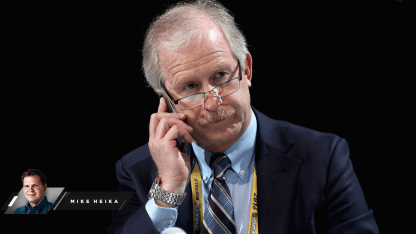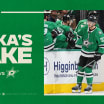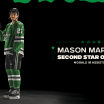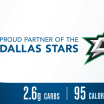That's why the combine is important.
The interviews take most of the time but athletes also will get medical checkups and will perform several physical tasks. Players will be put through a battery of tests, including standing long jump, jump station, bench press, pull-ups, and two grueling aerobic tests. While this is one of the rare chances to really get some comparable numbers on the athletes, McDonnell said the Stars see the results as merely one aspect of the assessment.
"Medicals are important, because we really do want to know the injury history," McDonnell said. "The physical testing, they're 17 or 18, so a lot can change in a few years. I think it works well as a baseline for where we would like to see them in a couple of years. Once you have that baseline, you can use it in their training going forward if you draft them. But we still base most of what we know about the players from watching them play during the season."
The interview process is daunting for the young men, but the Stars are trying to make it casual. Players sit in a chair in the middle of a suite with about 10 members of Dallas' assessment group and answer questions. The tone has been calm, but scouts were still trying to read reaction and emotion in the players.
It's the first chance for front office people like assistant GM Scott White to talk to players in person. White's primary job is running the Texas Stars, and he has them in the Calder Cup Finals, but he also is part of the decision-makers who have a hand in the draft selection.
"I like this week," White said. "Not getting to see guys as much as scouts do, this puts a face to the name. It's information gathering for all of us, and we all want to get as much information as we can."



















